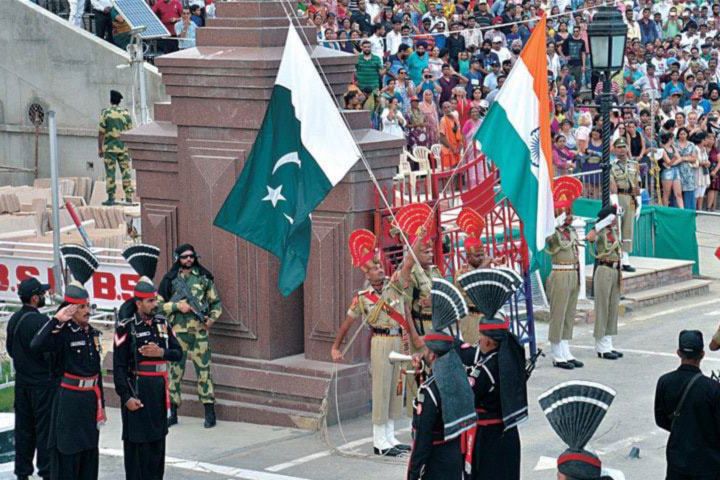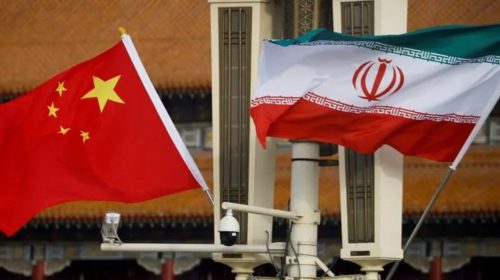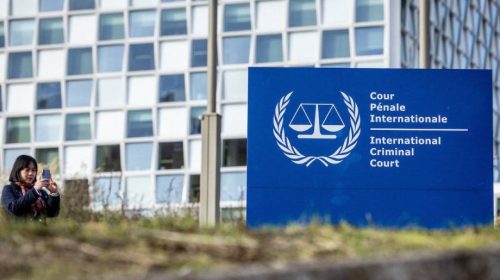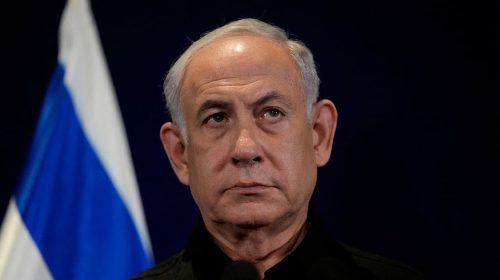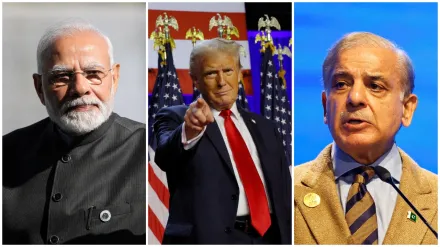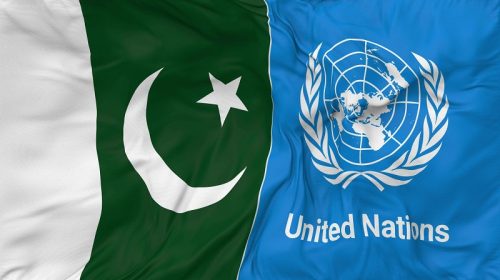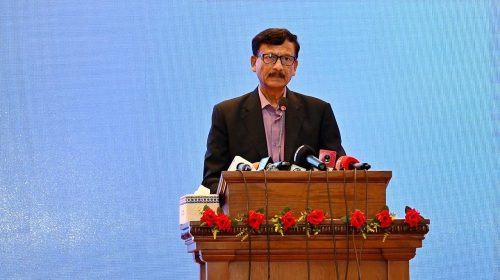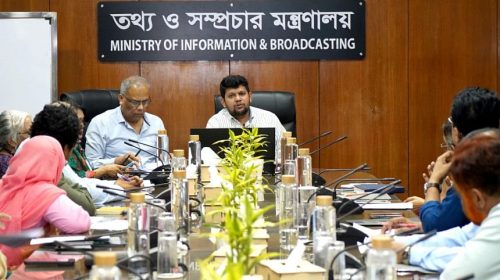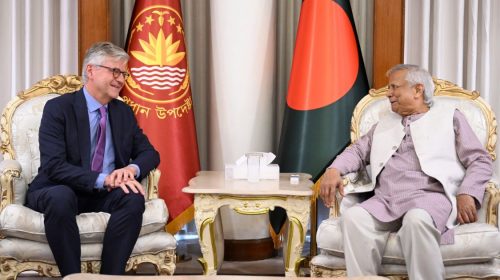For the first time since its inception, India has decided to suspend the Indus Waters Treaty with Pakistan, marking a significant shift in bilateral relations. This decision comes in the wake of a recent terrorist attack in Pahalgam, Jammu and Kashmir. Among five measures announced by India against Pakistan, halting the water-sharing agreement stands out as the most severe. Foreign Secretary Vikram Misri announced that the treaty will remain suspended until Pakistan stops supporting cross-border terrorism.
Under this suspension, India will withhold water that Pakistan is entitled to under the treaty. Signed in 1960 with the World Bank’s mediation, the Indus Waters Treaty allocated the waters of six rivers between the two countries. The three western rivers—Indus, Jhelum, and Chenab—were allotted to Pakistan, while the three eastern rivers—Beas, Ravi, and Sutlej—went to India.
Despite decades of conflict and even wars, India had never disrupted the treaty, citing humanitarian reasons and respect for international commitments. But this time, New Delhi has taken a bold step, likely aiming to signal to the global community its growing frustration over persistent cross-border terrorism.
This suspension could significantly affect Pakistan, especially as summer approaches and demand for water for agriculture and drinking rises. Although India has long had the right to build reservoirs and harness more water from the western rivers, its limited infrastructure has kept its usage relatively low—producing just 3,482 MW of hydroelectric power, despite having the potential for up to 20,000 MW.
Pakistan has, until now, not been overly concerned, largely due to India’s slow pace in utilizing its full share. But the current suspension could change that, especially if India chooses to expand its water infrastructure in response.
Now, all eyes are on Islamabad. How will Pakistan respond? Will it pursue diplomatic channels, or seek international support? India, and the world, are watching closely.
- This development not only reshapes India-Pakistan dynamics but also redefines how India positions itself on global platforms regarding terrorism and bilateral agreements.

